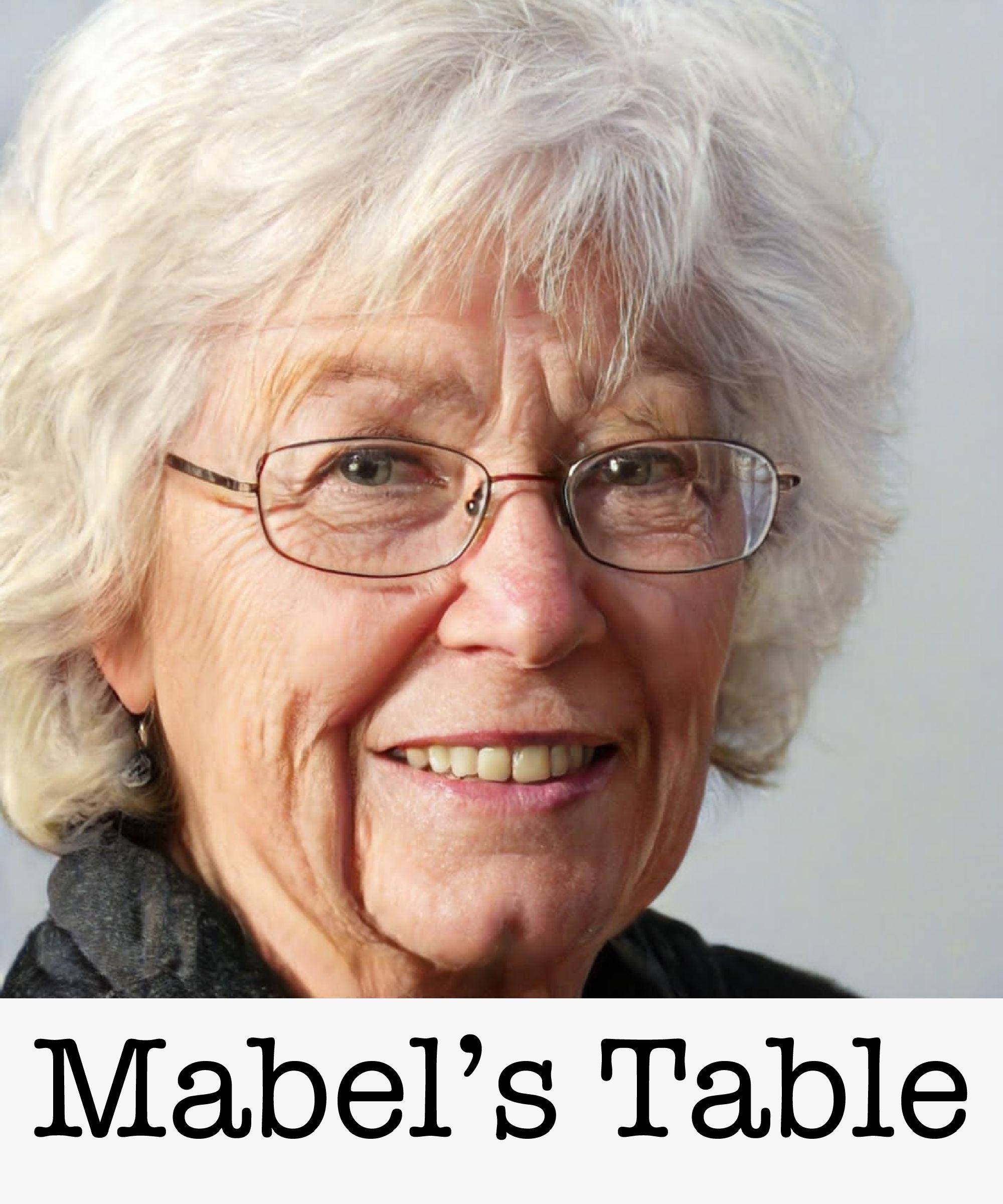Have you ever read something (EXCLUDING MY INNOVATIVE AND HELPFUL COLUMN) that you badly needed to be funny, but it turned out to be completely unfunny?
Today I eagerly opened the Marianas Variety article “Sea Cadets need more adult volunteers,” expecting that this would be the perfect article for hilarious malapropisms, usage errors, and absurdist illogic. But this article is written by Andrew Roberto. And this article is, I am sorry to say, textbook-perfect bread-and-butter local community journalism that belongs in a J-school adjunct’s first-day Powerpoint. I didn’t laugh even once, and for that, I am enraged. My batman may pay Mr. Roberto a warm visit.
It was, sadly, also Andrew Roberto whom the Variety sent to cover Tina Sablan’s presentation on climate policy. I’d had such high hopes for Bryan Manabat or maybe Emmanuel Erediano comically misunderstanding some basic aspect of the presentation. But Andrew Roberto always gets it, and he always spoils my fun.
There were still jollies to be had, however, from observing the Variety’s commenter pool. I run generative AI on my Burroughs Model 9, and when I asked it for a Venn diagram of climate-science deniers, anti-vaxers, and misogynists, it drew me a circle! That circle was the comments section below (and I do mean below) the article. The Variety always defends those valuable commenters’ rights to demean women, spread misinformation, and throw slurs — as long as the comments never upset anyone powerful, or formerly powerful. (Confidential to my loyal hate-reader Z.D.: The Fuhrer appreciates the birthday salute and will convey his reciprocal regards as soon as Satan’s braunschweiger vacates his mouth, which might be never.)
Contrary to what the highly knowledgeable and totally not suffering from mental illness Variety commenters claim, Tina Sablan knows what she’s talking about, climate change is real, and the price of eggs is not a Jewish conspiracy.

Given how right Ms. Sablan’s presentation is and how baseless the “criticisms” are, it’s almost difficult to remember that there is actually a big unspoken flaw in that presentation. It’s not climate science or human-caused climate change that’s in doubt. Only sheer muttonheads doubt those. But what’s in doubt is the unspoken implication that by reducing our GHG (greenhouse gas) emissions, we — the CNMI — control our own climate future.
Politics is local, but the atmospheric soup is global. Gasses interdiffuse and advect like falcons on bremelanotide. Whatever gasses we release here in the CNMI immediately go everywhere in the world. And, more importantly, whatever the rest of the world releases comes to us. Did you know that there’s a 99% chance that at least one atom in your lungs right now was in Diana Ross’s dying breath? Diana Ross is still alive, but my point stands!
We in the CNMI make up 0.0003797% of the world’s population. Meaning that even if we completely stop emitting greenhouse gasses in the CNMI, the air we breathe will still be 99.9996203% determined by the rest of the world. Or in other words, we have a maximum (assuming we have perfect control over what happens in the CNMI) 0.0003797% control of our global greenhouse gasses and climate. Or maybe even less than that, since aside from our generators, we don’t have smokestack industries here and might well be responsible for less than our share of pollution.
Thinking globally, we in the CNMI control not only 0.0003797% of our own climate, but also 0.0003797% of the world’s climate. True enough. But is our government beholden to us, or to the entire world, including the 99.9996203% of it that lies outside our borders? That’s not a rhetorical question.
Because while the EPA is funding some small-scale, short-term environmental initiatives for the CNMI, the cost of a zero-carbon economy would be far, far greater than anything the EPA could ever fund. If the federal money is just raining down on us, then sure, let’s go along with it. But if anything resembling zero-carbon was to happen, the cost — no matter who might bear it — would be far bigger than any imaginable CNMI government budget, even if the entire local government budget was turned over to the effort. And after that gargantuan expenditure and effort, we would experience 0.0003797% fewer greenhouse gasses and other ill effects. (0.0003797% also happens to be my effective tax rate!)
What wasn’t mentioned in Andrew Roberto’s article — for which I don’t fault the reporter — is that the EPA environmental effort isn’t just about greenhouse gasses and our long-term climate future. It’s also about now: the particulate pollutants coming out of our diesel generators. Unlike greenhouse gasses, particulate pollutants are in fact local. And in the case of particulates, what we breathe is (for the most part) what we ourselves put out. No sharing the love here!
The most severe pollution most of us experience daily is from particulate exhausts on the roads. So many trucks and other vehicles in Saipan are belching smoke — violating both federal and local regulations, but with no enforcement. And that exhaust smoke is seriously harming our health every day, now, today. Not decades from now. Same with the cars running around with removed mufflers: the noise pollution is a real danger to our health, and therefore our environment.
We don’t need any kind of green new deal for that vehicle-related pollution. The laws are already on the books. Smoking exhausts are illegal, modified exhausts are illegal, and of course, blinding headlights are illegal, both federally and locally. But nobody cares. DPS is much more worried about drivers’ immigration status.
If the ultimate goal of environmentalism is creating a healthier environment, these are very much environmental concerns. And unlike the billions of dollars it would cost for the CNMI to go zero-carbon, enforcing the laws on light pollution, noise pollution, and air pollution should not cost anything extra. It’s a lot cheaper than going zero-carbon.
Actually, going zero-carbon needn’t be expensive. Two hundred years ago, we truly had a (nearly) zero-carbon economy in these islands. Going zero-carbon is easy (in a sense). Any number of climatological or human catastrophes could turn us zero-carbon in seconds.
But turning zero-carbon isn’t the goal. Turning zero-carbon while maintaining the standard of living we’ll expect in 2045 is the actual goal.
Barring breakthroughs in basic science and in known mineral deposits, de-carbonization while maintaining our standard of living will be the most expensive endeavor in human history. If the feds are paying, then fine. But if even a portion of the cost of the CNMI going zero-carbon is going to be locally paid, there will be some hard questions to answer, about why 0.0003797% of the world here in the CNMI is paying for the cleaner air of the other 99.9996203% of the world, especially while essential services are being cut in the CNMI because of budget constraints.
Going zero-carbon is an admirable goal. Bringing up the issue is necessary, especially since some dunderheads still in the year 2024 think manmade climate change isn’t real. But any benefit to the CNMI from our own reduction of emissions will be too small to measure — while the cost will be too big to bear.
Meanwhile, enforcing the simple traffic laws that are already on the books would immediately, tangibly, and costlessly improve the CNMI’s environment.
_____
Mabel Doge Luhan is a woman of loose morals. She resides in Kagman V, where she pursues her passions of crocheting, beatboxing, and falconry.




